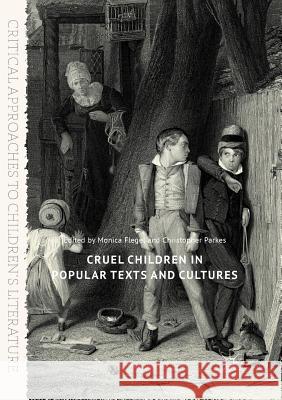Cruel Children in Popular Texts and Cultures » książka
topmenu
Cruel Children in Popular Texts and Cultures
ISBN-13: 9783030101794 / Angielski / Miękka / 2018 / 312 str.
Kategorie:
Kategorie BISAC:
Wydawca:
Palgrave MacMillan
Seria wydawnicza:
Język:
Angielski
ISBN-13:
9783030101794
Rok wydania:
2018
Wydanie:
Softcover Repri
Numer serii:
000703394
Ilość stron:
312
Waga:
0.39 kg
Wymiary:
21.01 x 14.81 x 1.75
Oprawa:
Miękka
Wolumenów:
01
Dodatkowe informacje:
Wydanie ilustrowane











